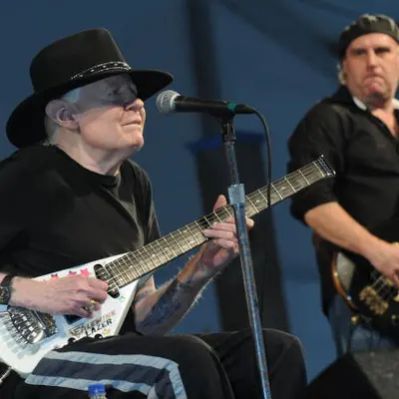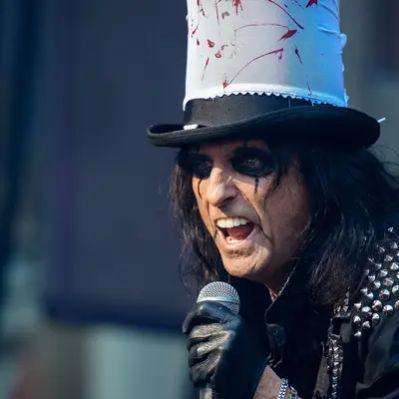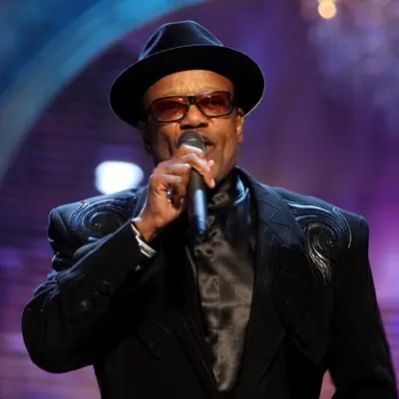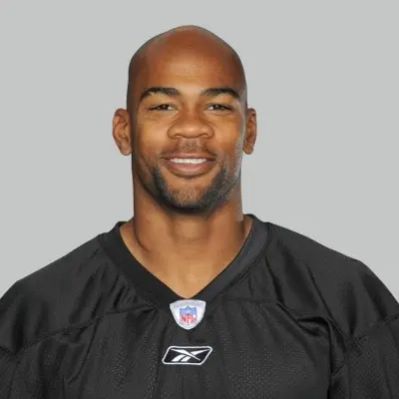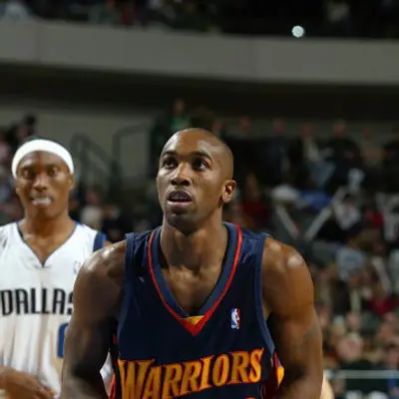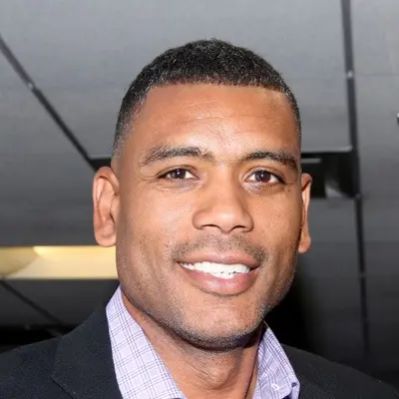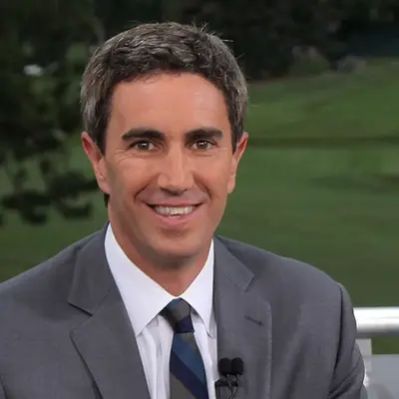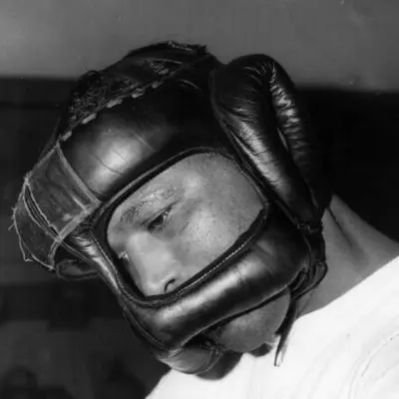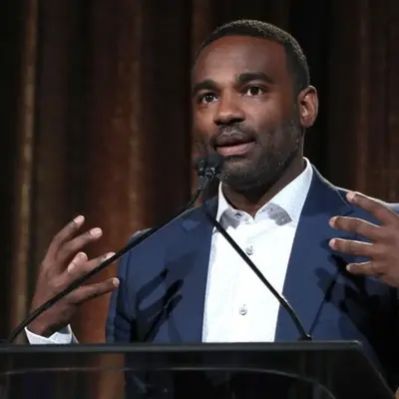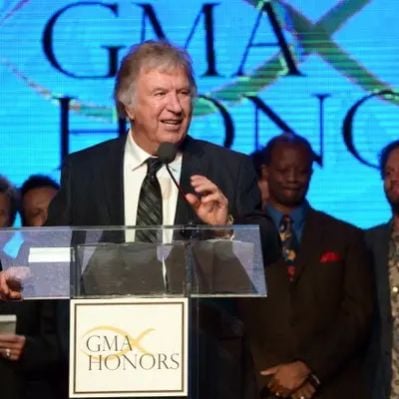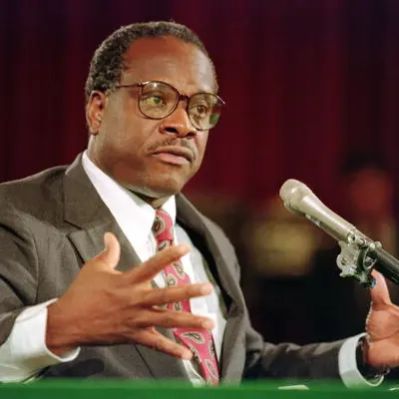What Is Bill Ward’s Net Worth?
Bill Ward, the English musician and visual artist, has accumulated a substantial net worth of $65 million. This financial success is primarily attributed to his long and influential career as the original drummer of the iconic heavy metal band Black Sabbath, as well as his subsequent solo endeavors and other musical projects.
Early Career and Black Sabbath Formation
Born on May 5, 1948, in Birmingham, England, Bill Ward’s early life was steeped in musical influence. Growing up, he listened to the big bands of the 1940s and honed his drumming skills, drawing inspiration from jazz drumming legends like Louie Bellson and Gene Krupa. His formal musical journey began in the mid-1960s when he joined a band called the Rest as their drummer. This was followed by his tenure in the blues rock band Mythology, where he played alongside guitarist Tony Iommi.
The disbandment of Mythology in 1968 proved to be a pivotal moment, leading Ward and Iommi to join forces with Ozzy Osbourne and Geezer Butler to create a new band. After experimenting with names like the Polka Tulk Blues Band and Earth, the quartet settled on the name Black Sabbath, marking the birth of a band that would revolutionize heavy metal music.
Black Sabbath’s Rise to Fame and Ward’s Contributions
Black Sabbath’s self-titled debut album, released in 1970, set the stage for their meteoric rise to fame. Later that same year, their second album, “Paranoid,” solidified their status as a global phenomenon. Topping the UK Albums Chart, “Paranoid” spawned some of Black Sabbath’s most iconic tracks, including “Iron Man,” “War Pigs,” and the title song. These early albums laid the foundation for Ward’s significant contributions to the band’s sound and success.
The band’s momentum continued with the release of “Master of Reality” in 1971 and “Vol. 4” in 1972. Throughout the 1970s, Black Sabbath consistently delivered groundbreaking albums, including “Sabbath Bloody Sabbath” (1973), “Sabotage” (1975), “Technical Ecstasy” (1976), and “Never Say Die!” (1978). “Never Say Die!” marked the final studio album featuring the original lineup of Osbourne, Iommi, Butler and Ward, and the end of an era for the band and their fans.
After Ozzy Osbourne’s departure in 1979 due to substance abuse issues, Black Sabbath regrouped and recorded “Heaven and Hell” with vocalist Ronnie James Dio. However, this marked the beginning of a period of frequent personnel changes, with various vocalists, drummers, and bassists stepping in for varying lengths of time. Bill Ward’s initial departure from Black Sabbath occurred in 1980, reportedly due to severe alcohol abuse and panic attacks. Although he briefly returned to record the 1983 album “Born Again,” he left again shortly thereafter. These periods of instability affected not only the band’s dynamic but also potentially impacted Ward’s income during those times.
Black Sabbath Reunions and Live Albums
After several brief reunions, Bill Ward made a full return with the original Black Sabbath lineup for two shows in England in late 1997. These shows were recorded and released as a live album entitled “Reunion,” which contributed to the band’s revenue stream and Ward’s earnings. Another live album, “Past Lives,” was released in 2002, further capitalizing on the band’s enduring popularity and adding to their financial success.
Solo Career and Other Projects
In addition to his work with Black Sabbath, Bill Ward embarked on a solo recording career in the mid-1980s. His debut solo studio album, “Ward One: Along the Way,” was released in 1990, showcasing his musical versatility and talent beyond the heavy metal genre. The album received positive reviews and helped establish Ward as a solo artist. His second solo album, “When the Bough Breaks,” followed in 1997, further solidifying his solo career. Another 18 years passed before Ward released his third solo album, “Accountable Beasts,” in 2015. One of its tracks, “Straws,” had been previously released as a charity single in 2002, demonstrating Ward’s commitment to using his music for good causes. While specific sales figures for these albums aren’t publicly available, they undoubtedly contributed to his overall net worth.
Bill Ward’s musical endeavors extend beyond his solo work and Black Sabbath. Since 2002, he has hosted a monthly internet radio show entitled “Rock 50,” broadcast from Cerritos College’s WPMD. The show features a diverse range of metal and rock music, providing a platform for both established and emerging artists. While the financial benefits of this radio show are likely modest, it demonstrates Ward’s continued passion for music and his engagement with the music community.
In 2016, Ward joined a band called Day of Errors, further expanding his musical horizons. The group, which also includes guitarist Joe Amodea and vocalist Jason Bragg, has released albums such as “Blaspheming at Creation,” “Dark,” and “Ghost Train.” These projects showcase Ward’s ongoing commitment to creating and performing music, further enhancing his reputation and potentially contributing to his income.
Personal Life and Health
Bill Ward has three children: a daughter named Emily and two sons named Nigel and Aron. Over the years, he has faced a number of health challenges. In addition to his struggles with alcohol abuse in the 1970s and early 1980s, he suffered a heart attack in 1998 during tour rehearsals with Black Sabbath. In 2013, he underwent gastrointestinal surgery and also had an operation on his shoulder. These health issues undoubtedly had an impact on his personal life and career, potentially affecting his ability to perform and earn income.
Since his prime days with Black Sabbath, Ward has reportedly made significant changes to his lifestyle. He no longer smokes, drinks, does drugs, or consumes animal products, reflecting his commitment to a healthier and more sustainable way of life. This transformation not only benefits his personal well-being but also allows him to continue pursuing his musical passions and potentially extend his career.
Dangerous Pranks and Personal Struggles
During his time with Black Sabbath, Bill Ward was often the target of dangerous pranks by his bandmates. These pranks, which often took reckless turns, included setting his beard on fire, resulting in third-degree burns in one instance. In another incident, the band members sprayed gold DuPont paint all over a naked, unconscious Ward following a night of heavy alcohol consumption. This caused his pores to become blocked, leading to illness and hospitalization after he had a seizure. While these incidents are not directly related to his net worth, they highlight the personal struggles and challenges he faced during his career with Black Sabbath. These incidents may have contributed to personal hardships that are not related to his overall net worth.
Net Worth Components
Bill Ward’s $65 million net worth is comprised of several key elements:
- Music Royalties: As the original drummer for Black Sabbath, Ward receives royalties from the sale and streaming of the band’s albums and songs.
- Touring Income: Throughout his career with Black Sabbath and his solo projects, Ward has earned income from concert performances and tours.
- Solo Album Sales: While specific sales figures are not publicly available, Ward’s solo albums (“Ward One: Along the Way,” “When the Bough Breaks,” and “Accountable Beasts”) have generated income through sales and streaming.
- Other Musical Projects: His involvement with Day of Errors and other musical projects has contributed to his overall earnings.
- Merchandise Sales: Ward likely receives a share of the revenue generated from the sale of Black Sabbath merchandise featuring his likeness and image.
- Investments: Ward may have made investments in various assets, such as stocks, real estate, or other businesses, which have contributed to his net worth.
While specific details regarding Ward’s investments and other financial assets are not publicly available, these factors likely play a role in his overall net worth. His longevity in the music industry, combined with his talent and dedication, has allowed him to accumulate a significant fortune and secure his financial future.
 Net Worth Ranker
Net Worth Ranker






